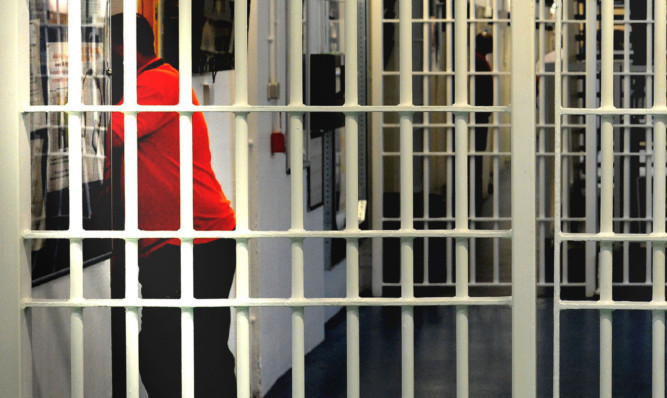
“How can these monsters say they are doing no harm?”
Fury has erupted over a report which reveals that many caged sex offenders believe their crimes “never harmed anyone”.
Almost a quarter of sex attackers surveyed by the Ministry of Justice behind bars believe their victims suffered no hurt as a consequence of their sickening behaviour.
Last night, rape campaigners and victims reacted with astonishment to the “insulting” claims saying the findings clearly showed unrepentant sex attackers could strike again once released.
Jemma Myhill, 19, of Newcastle, who was raped when she was just eight, blasted: “I’m appalled this is how they think. They are either in total denial or completely wrong in the head.
“I have had to live with what I went through every day of my life. For them to say these attacks caused no harm to their victims is complete rubbish.”
College student Jemma, who was raped by her 44-year-old uncle Darren Myhill, waived her legal right to anonymity to hit out at the offenders’ claims.
The survey of more than 2,100 prisoners in England and Wales was published last week as part of an investigation into convicts’ attitudes towards their crimes and victims.
One in four said “crime can be useful in getting what you want”, while 17% said committing crime “was exciting”.
And 19% of those in prison for serious crimes ranging from drug-dealing to robbery and violent crime said their actions “never harmed anybody”.
This jumped to 23% when sex offenders were surveyed prompting fears they could be back on the streets still refusing to accept they have done anything wrong.
Adam Pemberton, assistant chief executive of Victim Support, said sex crime had a “devastating impact” on often vulnerable people.
He said: “It’s extremely worrying to hear so many serious offenders think they haven’t caused any harm. What victims want most is for nobody else to go through their experience.
“If an offender doesn’t think they have caused harm in the first place, it raises serious concerns that they may reoffend.”
Last week, the father of the woman raped by footballer Ched Evans blasted the Welshman.
The disgraced former Sheffield United star, 25, issued a video in a bid to clear his name in which he called the rape on the 19-year-old woman an “act of infidelity” against his girlfriend Natasha Massey.
Evans has always claimed he is innocent and his case has been fast-tracked by the Criminal Cases Review Commission.
Evans’s victim’s father, who cannot be named to protect his daughter’s identity, has said: “He doesn’t care about what he did or my daughter.
“He’s never shown any remorse. It’s just lie after lie that comes out of his mouth.”
Last night, a Ministry of Justice spokesman said programmes were in place in prisons to make sex offenders confront the impact of their crimes.
Report by Marc Meneaud and Ben Robinson

Enjoy the convenience of having The Sunday Post delivered as a digital ePaper straight to your smartphone, tablet or computer.
Subscribe for only £5.49 a month and enjoy all the benefits of the printed paper as a digital replica.
Subscribe